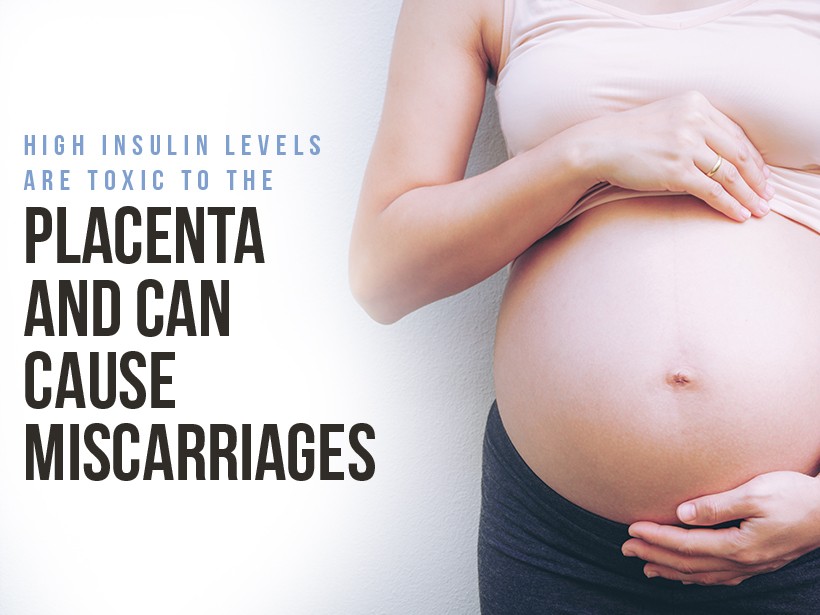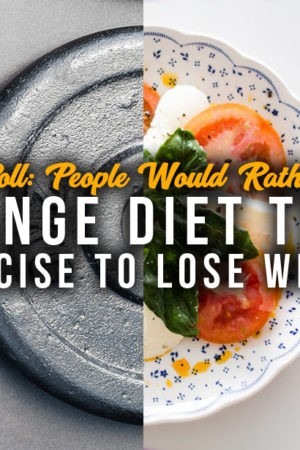Approximately one-in-four pregnancies end in a miscarriage, or loss of pregnancy.¹ Numerous factors can cause a miscarriage, but certain risk factors can increase a woman’s chances of having one.
Insulin and pregnancy
When a woman has high insulin levels, her baby feels the effects. The fetus may grow larger than normal, and that can affect delivery. A risky birth endangers both the mother and her baby, potentially leading to the need for a C-section. Larger babies are more likely to suffer nerve damage from delivery because of added pressure on the shoulders. Even in successful deliveries, higher insulin may also lead to birth defects.
If a woman is insulin resistant, her pancreas produces excess amounts of the hormone. Normally, the pancreas regulates the body’s blood sugar levels by producing insulin. Insulin resistance throws this process off-kilter, endangering the pregnancy. In fact, diabetes is linked to higher rates of miscarriage.² One in three Americans has insulin resistance, making the threat of miscarriage very real for millions of women.
Dangers to the placenta
Scientists have been studying the effects of excess insulin and how it could potentially harm fetuses. A recent study exposed placenta cells in test tubes to high levels of the hormone. The result was severe damage to the cells. The placenta plays a crucial role in pregnancy, supplying oxygen and nutrients to the embryo. Exposure to excess insulin interrupts this process, negatively affecting the placenta and fetus. Eating a low-carb diet is one change pregnant women can make to improve their chances of carrying a baby to full-term.
Effects of the keto diet
There are specific lifestyle habits that doctors recognize as beneficial to those with insulin resistance. One of them is adopting a low-carb, low-sugar diet. This keeps insulin levels stable and gives at-risk women a better chance at a successful pregnancy and delivery. The keto diet boasts weight-loss benefits, but it could also help women who are hoping to start a family. In particular, one study showed that lower rates of carbohydrate consumption correlated to higher fertility rates.
The keto diet can also help reduce symptoms of diabetes and polycystic ovarian syndrome, which affect many insulin-resistant women. Reducing carb intake causes the body to enter ketosis, producing ketones for energy rather than relying on glucose. Interestingly, babies’ umbilical cords usually contain higher numbers of ketones. Doctors suspect that fetuses produce ketones on their own, and eating keto may support both mother and baby. This further supports the evidence that the ketogenic diet is safe for pregnant women.
While there are a tremendous number of positive indicators for the health and safety of the keto diet with pregnant women, always check with your doctor before making a significant nutritional switch during pregnancy. If you're predisposed to certain conditions, keto while pregnant could allow you to enter diabetic ketoacidosis, a harmful and potentially fatal condition. Although this is rare, it's certainly worth discussing with your doctor first.
NUTRITIONAL DISCLAIMER
The content on this website should not be taken as medical advice and you should ALWAYS consult with your doctor before starting any diet or exercise program. We provide nutritional data for our recipes as a courtesy to our readers. We use Total Keto Diet app software to calculate the nutrition and we remove fiber and sugar alcohols, like erythritol, from the total carbohydrate count to get to the net carb count, as they do not affect your blood glucose levels. You should independently calculate nutritional information on your own and not rely on our data. The website or content herein is not intended to cure, prevent, diagnose or treat any disease. This website shall not be liable for adverse reactions or any other outcome resulting from the use of recipes or recommendations on the Website or actions you take as a result. Any action you take is strictly at your own risk.
- One in Three Millennials Wants to Try Keto - March 27, 2019
- 5 Common Keto Mistakes to Avoid - March 15, 2019
- High Insulin Levels are Toxic to the Placenta and Can Cause Miscarriages - March 7, 2019































